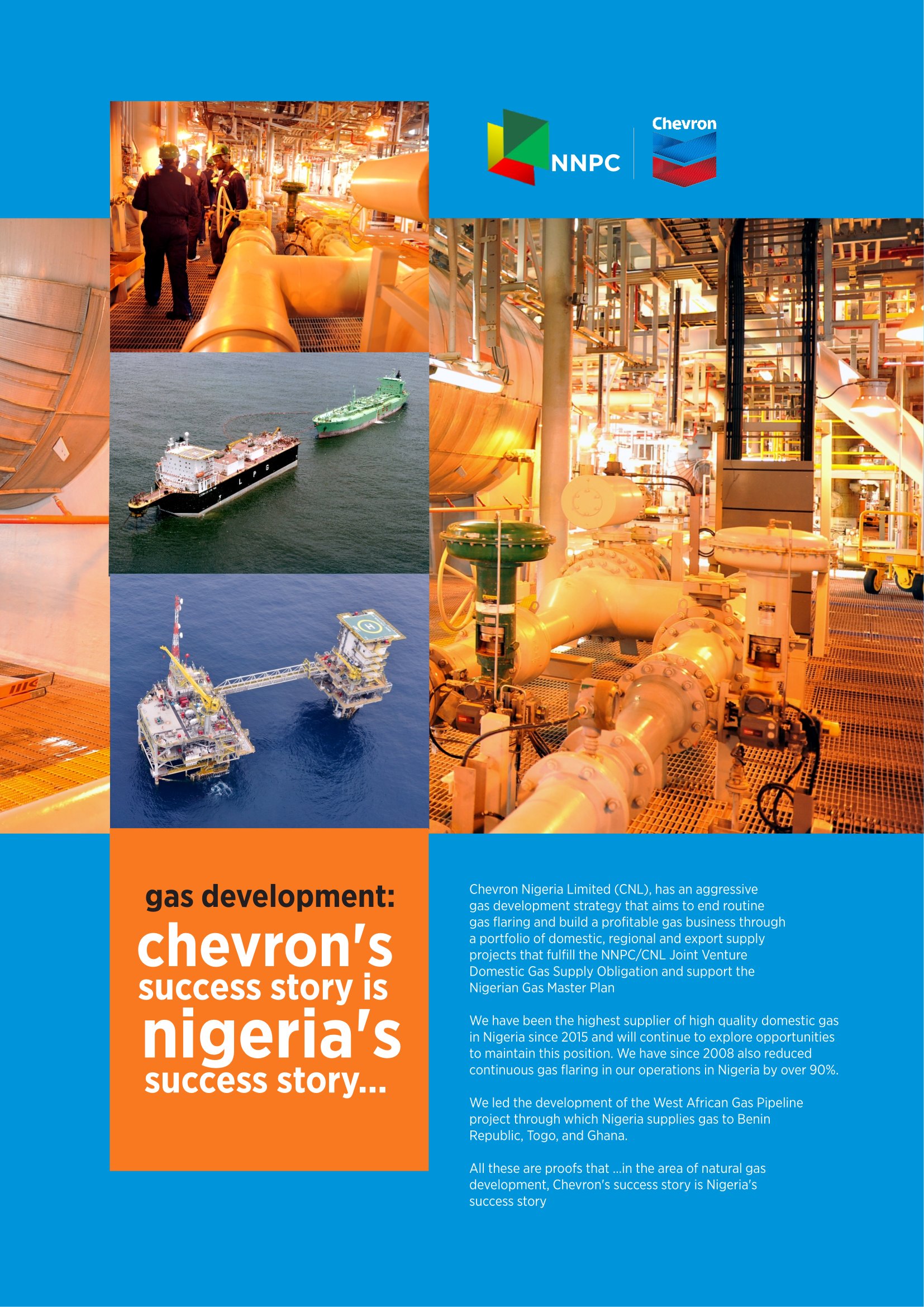By Mercy Aikoye
The Manufacturers Association of Nigeria (MAN) recently gathered in Enugu for their 36th Annual General Meeting. The meeting, themed “Revitalising Nigeria’s Economy Through Manufacturing-Driven Non-Oil Export,” brought together stakeholders in the manufacturing sector to discuss ways to shift Nigeria’s economy away from its dependence on oil.
According to Lady Ada Chukwudozie, Chairperson of the MAN chapter, Nigeria’s overreliance on oil has exposed the country to challenges like price volatility, environmental degradation, and limited economic diversification. To ensure economic sustainability, Chukwudozie stressed the need for Nigeria to prioritize manufacturing-driven non-oil export strategies.
Dr. Dakuku Peterside, former Director-General of the Nigerian Maritime Administration and Safety Agency (NIMASA), described manufacturing as the “master key” to addressing Nigeria’s economic challenges. Peterside advocated for infrastructure development, stable monetary policies, and power sector reforms to support manufacturers.
Peterside highlighted the potential of export-driven manufacturing to reduce vulnerability to oil price fluctuations, generate revenue, and create jobs. He emphasized that a strong manufacturing sector is crucial for Nigeria’s economic growth and development.
Anambra State’s Deputy Governor, Dr. Onyekachukwu Ibezim, called for collaboration among Southeast states to leverage their comparative advantages. He cited Anambra’s agricultural revolution in palm and coconut production as an example of non-oil sector innovation.
The meeting emphasized the need for urgent investment and strategic support to revitalize Nigeria’s economy through non-oil exports. Stakeholders agreed that a united approach is necessary to reposition Nigeria’s manufacturing sector as a driver of economic growth and development.
To achieve this goal, experts recommend a combination of short-term and long-term strategies, including fiscal and debt management, monetary policy, and structural reforms. Investing in human capital development and economic diversification is also crucial for building a strong and sustainable economy.
The event concluded with a call to action, urging stakeholders to work together to implement supportive policies and promote manufacturing-driven non-oil exports. By doing so, Nigeria can revitalize its economy and achieve sustainable growth and development.




